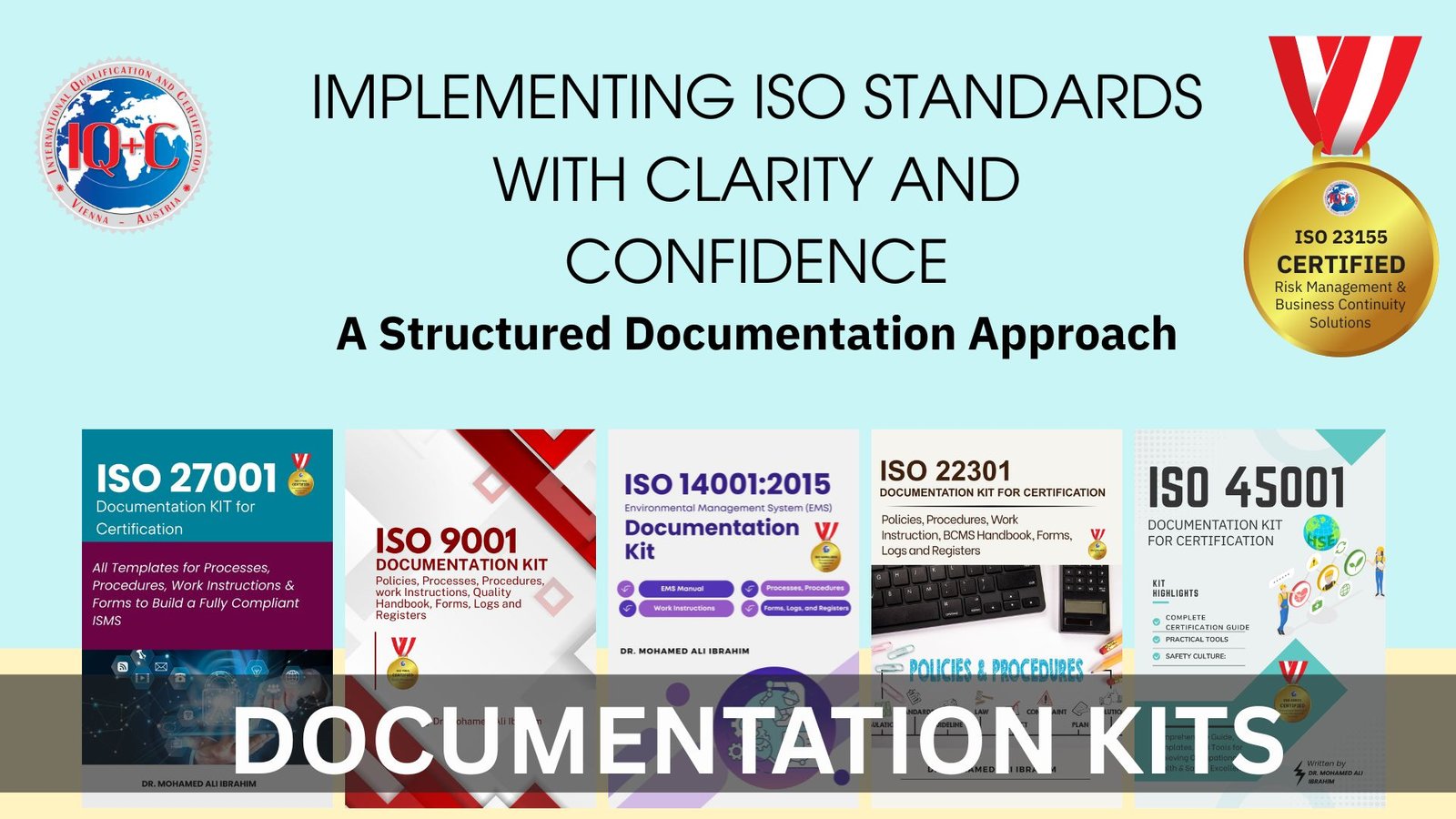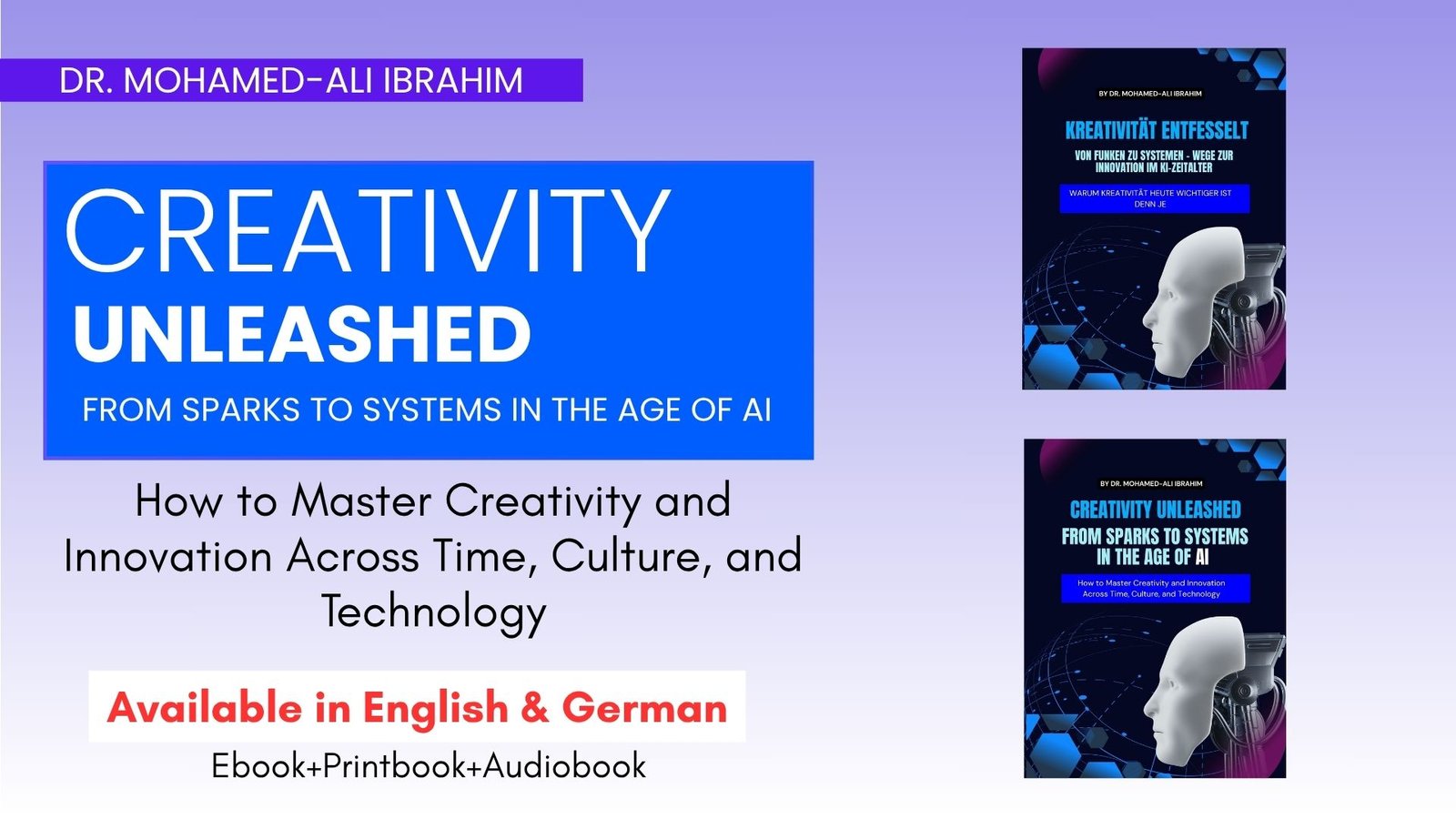Beyond Words: The Importance of Cultural Competency in Interpretation Services
Interpretation is more than the mere translation of words from one language to another; it is a complex process that requires a deep understanding of cultural nuances. In a world that is increasingly diverse and interconnected, cultural competency has become a cornerstone of effective interpretation services. This goes beyond linguistic accuracy to encompass an understanding of cultural subtleties that influence how messages are received and understood across different cultures.
Cultural competency in interpretation involves an awareness and appreciation of cultural differences, including non-verbal communication cues, social etiquette, and cultural beliefs and practices. It plays a crucial role in a variety of settings, from healthcare and legal to business and conferences, where misunderstandings can have significant consequences.
The importance of cultural competency is particularly pronounced in healthcare and legal interpreting. In these contexts, interpreters must navigate not only linguistic challenges but also cultural differences that can affect a patient’s care or the outcome of legal proceedings. For instance, interpreters in healthcare settings must be sensitive to cultural beliefs about health and medicine, which can influence a patient’s willingness to receive certain treatments.
To enhance cultural competency, interpreters can engage in continuous education and training focused on cultural awareness. Participating in workshops, attending cultural events, and interacting with different cultural groups can enrich an interpreter’s understanding and ability to bridge cultural divides effectively.
As the demand for interpretation services grows, the emphasis on cultural competency highlights the evolving role of interpreters. They are not only language experts but also cultural mediators who facilitate understanding in a multicultural world. By prioritizing cultural competency, interpreters can ensure that their services do more than translate words; they can foster connections that respect and celebrate cultural diversity.





Leave A Comment